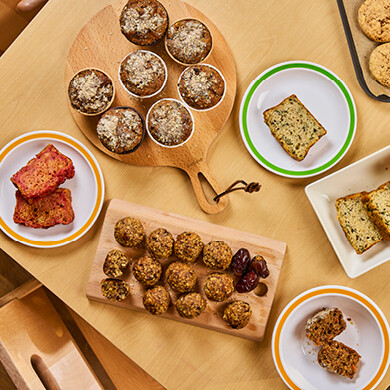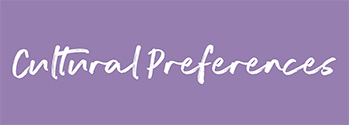Food Safety & Inclusivity
Your child’s safety comes first. We follow strict procedures to manage allergies and dietary requirements, ensuring every meal is served with care and meets individual health needs.

Meals for Every Child
At Bright Horizons, the safety, health, and happiness of every child always comes first - and that includes the food we serve every day.
From the moment a child joins our nursery, we work closely with families to record their dietary needs and preferences, ensuring all meals are carefully planned and safe. Our teams are trained to understand allergies, intolerances, and special diets, including vegetarian, cultural, and developmental requirements. We regularly review these with parents, supported by medical guidance where needed, to ensure every child continues to enjoy meals that are nutritious, safe, and delicious.


Our 15-day menu cycle is meticulously designed to minimise common allergens such as nuts, sesame, kiwi, and shellfish. Where necessary, suitable alternatives are provided at every mealtime to meet individual needs.
We work closely with families and medical professionals to put plans in place for children with allergies. These ensure that everyone involved in the child’s care is aware of how the allergy needs to be managed and any action required.

Food intolerances can affect a child’s comfort and wellbeing, and we take them just as seriously as allergies. Each child with a known intolerance has a tailored plan, developed in partnership with parents and reviewed regularly. We work closely with our chefs to ensure meals are adapted to exclude ingredients that may cause intolerance, such as dairy, gluten, or certain additives.

We celebrate the traditions and cultures of every child and family. Our menus reflect this by catering for a wide range of religious and cultural diets, with full respect for foods that may be prohibited. We listen closely to each family’s wishes, recognising that traditions are followed in different ways, and tailor meals to meet the needs of every child.
Our Food Safety Procedures
Coloured plates and place cards help adults and children easily identify dietary requirements. Meals for vegetarian, religious, or other specific diets are clearly labelled by our chefs before being brought to the room to be served, ensuring every child receives the right food.
Coloured plates and place cards help adults and children easily identify dietary requirements. Meals for vegetarian, religious, or other specific diets are clearly labelled by our chefs before being brought to the room to be served, ensuring every child receives the right food.
We work with trusted supplier Brakes and use Nutritics, a state-of-the-art nutrition management system, to plan every meal. This technology gives us detailed information on the nutritional content and allergens in each dish, so our chefs can create balanced menus while ensuring every child’s needs are met safely.
Nutritics also allows us to adapt recipes by removing restricted foods and adding suitable alternatives, while clearly showing the nutritional impact of those changes. This means children with allergies, intolerances, or other dietary requirements can enjoy safe, tailored meals without missing out on variety or nutrition.
Allergy and dietary plans are regularly reviewed and updated to reflect any changes in a child’s needs, ensuring meals remain safe, nutritious, and enjoyable.












